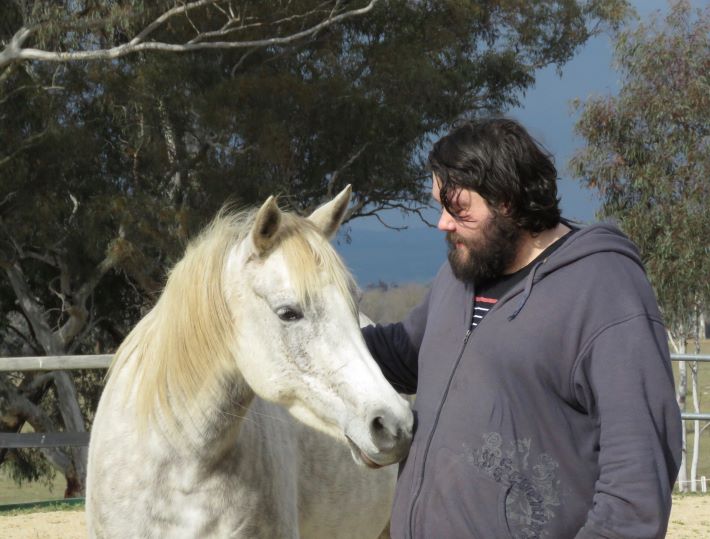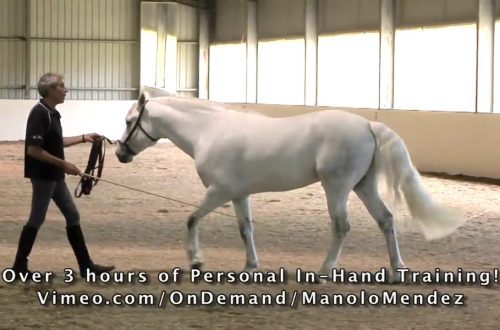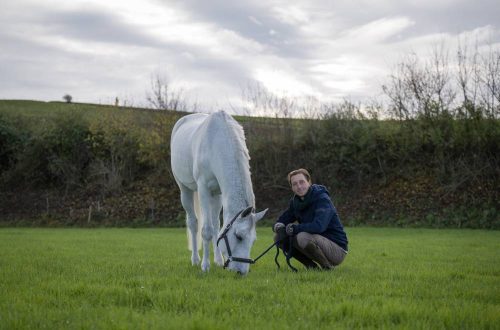
Study: Are horses calmer around nervous people?
Study: Are horses calmer around nervous people?
People associated with horses unanimously argue that horses perfectly feel the state of people nearby, read their emotions. The scientists decided to make this the subject of research.
During a presentation at the 8th International Society of Equitation Science Conference, July 18-20, 2012 in Edinburgh, Katrina Merkis, Associate Professor and Coordinator of the Equitation Program at the University of Guelph, Ontario, Canada, spoke about the results of her experiment. The horses were run into a barrel for five minutes, where there was a blindfolded man. Some of the people tested were wary and nervous about what was happening, some were not. Surprisingly, the horses reacted much more calmly to people who were nervous and tense.
“In our time in the Western world, horses have become companions and more than that, they have become man’s friends,” Merkis said. – But now a new and very significant topic has appeared – the use of horses in therapy. Therefore, it is especially important for us to know how horses react to people who have not previously encountered these animals or are even afraid of them.”
The experiment involved 16 people and 10 horses (heavy type geldings, very human-oriented). The researchers asked each person to rate their level of comfort in the presence of a horse on a scale of 1 to 10. 10 meant having the most fear of a horse. Merkis also invited two people who had previously worked with horses, but were in a state of physical stress – came after doing hard physical exercises. This was required in order to assess the reaction of horses not only to mentally stressed people, in a state of mental stress, but also to people in a state of physical stress.
This was followed by testing the reaction of each horse to each individual – they were left alone in a barrel for five minutes. A randomly selected person stood in the center of the barrel. blindfolded so as not to make eye contact with the horse. For five minutes, the researchers observed the reactions of the horse. During this time, Merkis measured the horse’s and human’s heart rates, and observed and recorded the various physical reactions of the horse.
It has been found that the more nervous a person is, the lower the horse’s heart rate. Over the five-minute period, the horse’s heart rate continued to decrease if it was in a barrel with a tense human. If the person was calm, the horse’s heart rate increased. Horses also tended to keep their heads lower and move less around a nervous person.
“Horses have great intuition and can empathize with people’s emotional state,” Merkis said. “This may be due to their herd instinct, which gives strength depending on the number of members of the herd.”
According to the researcher, she plans to continue her work by studying the reactions of horses to the emotional state of moving people and people engaged in various activities.
“Our first experiments showed that, contrary to popular belief, the presence of physical or especially psychological stress in a person around a horse does not pose a danger and does not increase the risk level for a person,” Merkis said. “This may be of particular importance in the context of the use of horses in therapeutic work.”
Krista Leste-Lasser, MA (source); translation by Valeria Smirnova.





